While the international community focuses on war crimes allegations in the North and East of Sri Lanka, centuries old, systemic rights abuses—including, some argue, genocide—have been given space to flourish in Sri Lanka’s more peaceful regions.
This week I visited one of those areas: Up-Country (or Hill Country), a gorgeous, rambling, lush swath of land in the middle of Sri Lanka. In addition to countless waterfalls, the region is home to hundreds of plantations or “estates” that produce Sri Lanka’s most important agricultural product: tea.
Nearly all of the island’s 200,000 plantation workers are Tamil descendants of Indian laborers the British brought to Sri Lanka in the nineteenth century. In the long tradition of imported labor, tea pluckers and their families live on the estates and spend most of their lives working, socializing, and consuming within parameters established by their employers.
Estate management requires tea pluckers to collect 18 kilos (about 40 pounds) of tealeaves per day. In exchange, each employee receives about five dollars a day, housing, and some other basic services. Although tea pluckers play a vital role in Sri Lanka’s economy, living conditions on the estates fail to meet the minimum standards other Sri Lankans expect. Plantation workers walk miles to take their children to school, drive down treacherous roads to get to hospitals, study without electricity, and rely on politically-backed trade unions to resolve labor issues.
Estate management falls especially short when it comes to health care. When an estate does have a medical professional, it’s usually someone who speaks Sinhala, has pharmacological training, and who provides services for over 1,000 families. Women routinely give birth en route to the hospital and several women told me that estate management encourages sterilization as part of a “planned genocide.”
Lots of tourists visit the plantations to sample tea and to take pictures, but I actually got to meet estate employees who work to ameliorate conditions in the tea sector. I saw their homes, I visited the pre-school they built, and I met with their community development groups. These families work extremely hard, but they also know how to have fun. On the day I visited, a group of community activists organized an estate-wide cricket competition as part of a voter education program. Estate workers are incredible athletes and patient teachers (it’s not easy being an American at a cricket match). Later this week I’ll fill you in on my first-ever cricket outing and more Up-Country first-evers including oil lamp ceremonies and leeches.
Posted By Kerry McBroom
Posted Aug 23rd, 2010


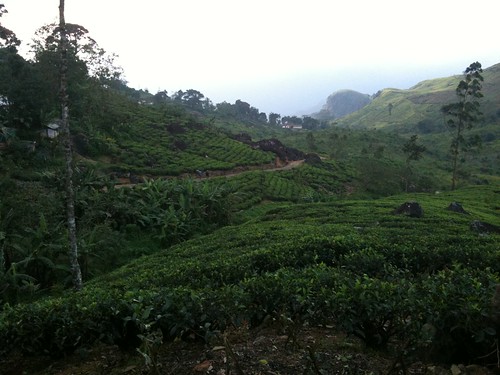
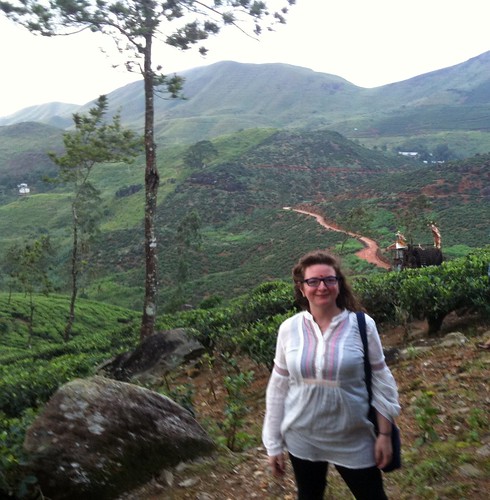
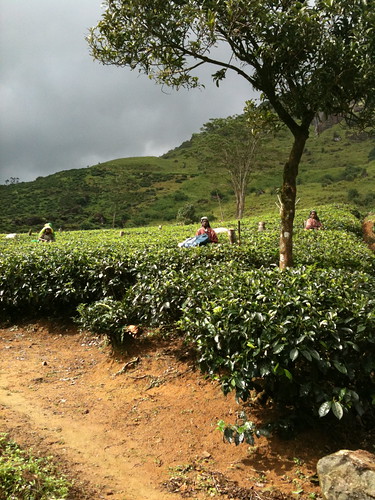
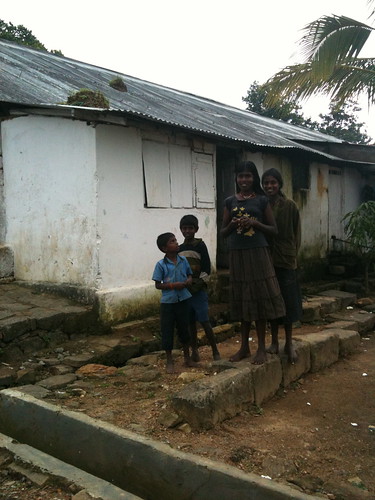
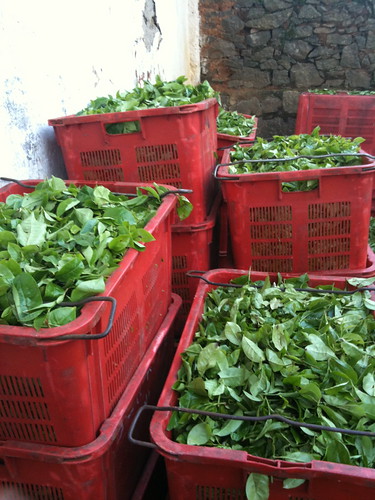
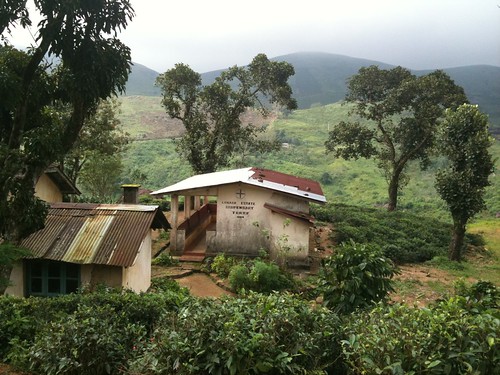
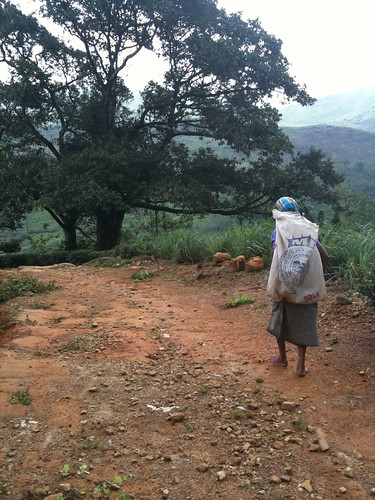
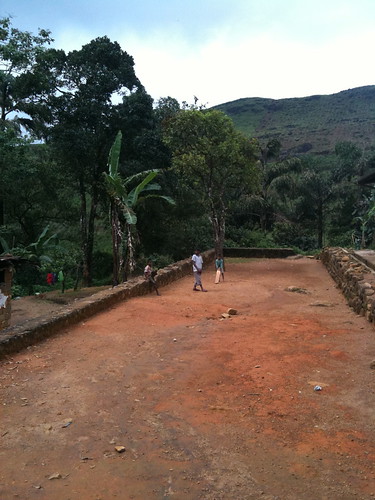
2 Comments
iain
August 23, 2010
Strong account of the pressures that face estate workers, and wonderful photos. Very interesting blog.
Michael
August 24, 2010
I was reading The Economist and saw an article about Sri Lanka that interested me and should interest you: http://www.economist.com/node/16847146?story_id=16847146&CFID=145690245&CFTOKEN=36187465 “Rebuilding but at a cost; Sri Lanka is developing again. But not all can celebrate.”
Can you elaborate on this? It would probably be hard to travel there, but it would be interesting to read more about the no so evident effects of the war and how future development on the “tear drop” could displace people and violate the rights.
Keep up the fantastic work! and the pics. are great.
Thanks,
M